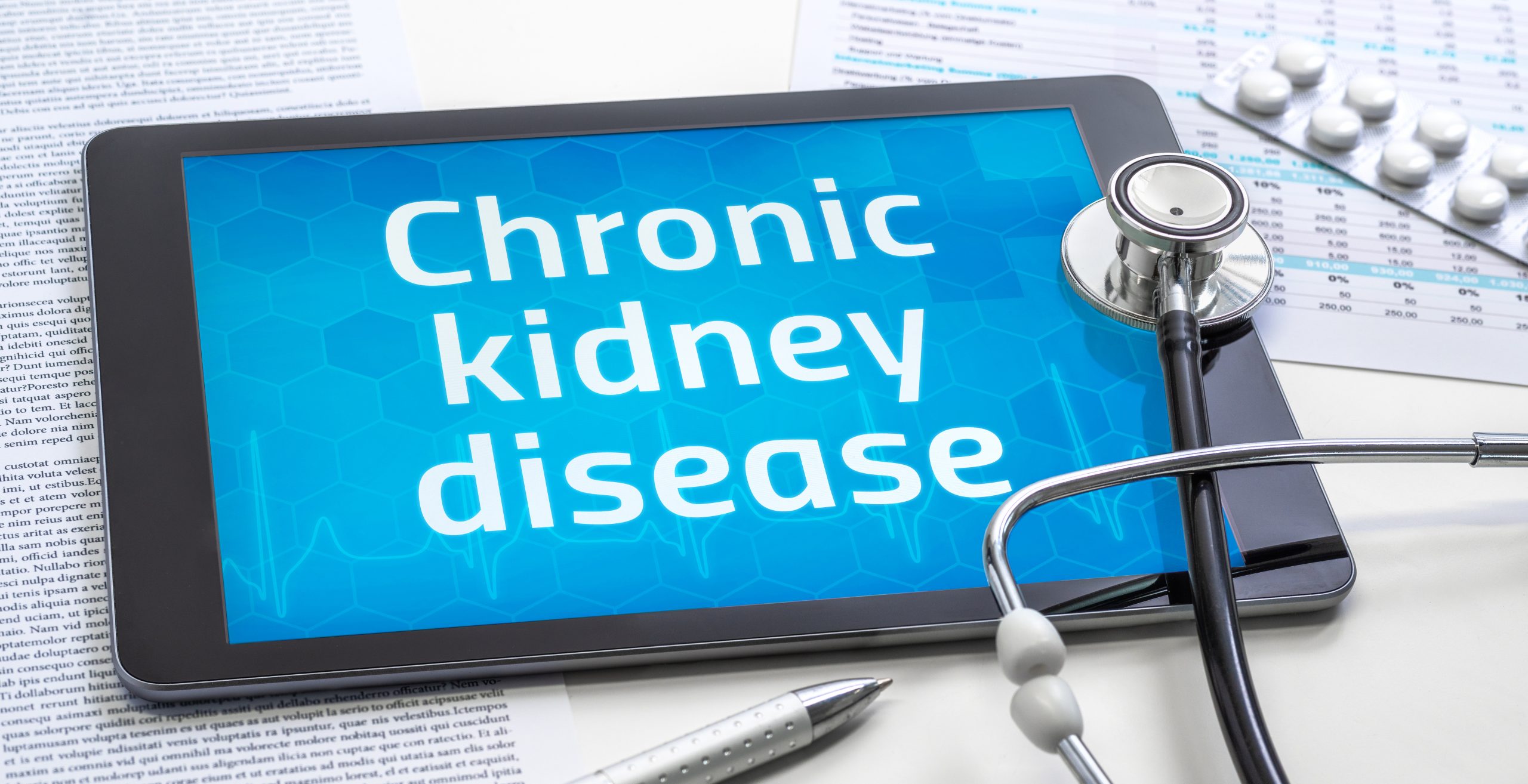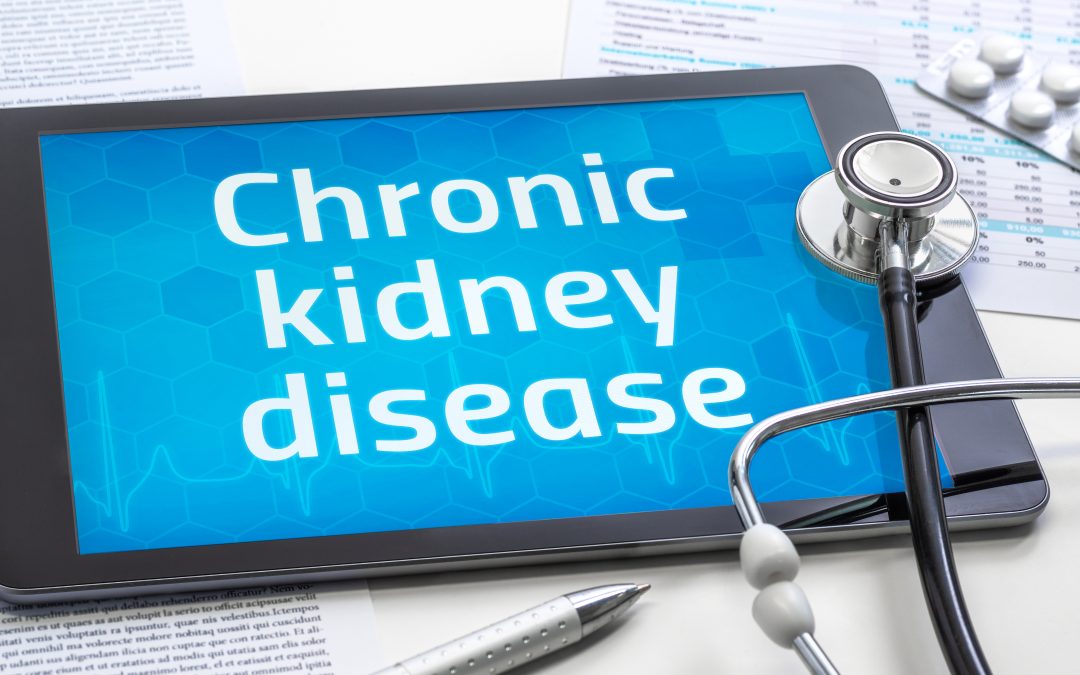
Chronic Kidney Disease
Chronic Kidney Disease (CKD) is a progressive condition in which the kidneys lose their ability to filter waste and excess fluids from the blood. This can lead to a buildup of toxins in the body and can ultimately result in kidney failure if left untreated. CKD is often a silent disease, meaning that it can progress without any noticeable symptoms in the early stages.
CKD is typically divided into five stages, based on the level of kidney function. The stages are as follows:
- Stage 1: Normal or high kidney function with normal or slight increase in creatinine and GFR (glomerular filtration rate)
- Stage 2: Mildly decreased kidney function with slight increase in creatinine and GFR.
- Stage 3: Moderately decreased kidney function with moderate increase in creatinine and GFR.
- Stage 4: Severely decreased kidney function with severe increase in creatinine and GFR.
- Stage 5: Kidney failure (also known as end-stage renal disease)
The potential causes of CKD are varied and can include:
- Diabetes: High blood sugar levels can damage the blood vessels in the kidneys, leading to CKD.
- High blood pressure: High blood pressure can also damage the blood vessels in the kidneys, leading to CKD.
- Glomerulonephritis: This is a group of diseases that cause inflammation and damage to the kidney’s filtering units (glomeruli).
- Polycystic kidney disease: A genetic disorder characterized by the growth of numerous cysts in the kidneys.
- Kidney stones: These can cause damage to the kidneys if left untreated.
- Certain medications and toxins can also cause CKD.
While there is currently no cure for CKD, there are things that a person can do to slow the progression of the disease. These include:
- Maintaining a healthy diet: Eating a diet that is low in salt, protein, and potassium can help to reduce the workload on the kidneys.
- Exercising regularly: This can help to control blood sugar levels, blood pressure, and overall health.
- Quitting smoking: Smoking can increase the risk of developing CKD and can also make existing kidney problems worse.
- Controlling blood sugar levels: People with diabetes should work closely with their doctor to keep their blood sugar levels under control.
- Managing blood pressure: High blood pressure can cause further damage to the kidneys, so it is important to keep it under control.
It’s important to note that early detection is key to slowing the progression of CKD, so it’s recommended to have regular check-ups with a healthcare professional.
In summary, Chronic Kidney Disease (CKD) is a progressive condition in which the kidneys lose their ability to filter waste and excess fluids from the blood. It can be caused by a variety of factors, including diabetes, high blood pressure, polycystic kidney disease, kidney stones, and certain medications. While there is no cure for CKD, there are things that a person can do to slow the progression of the disease, such as maintaining a healthy diet, exercising regularly, quitting smoking, controlling blood sugar levels, and managing blood pressure. Early detection is key to slowing the progression of CKD.

